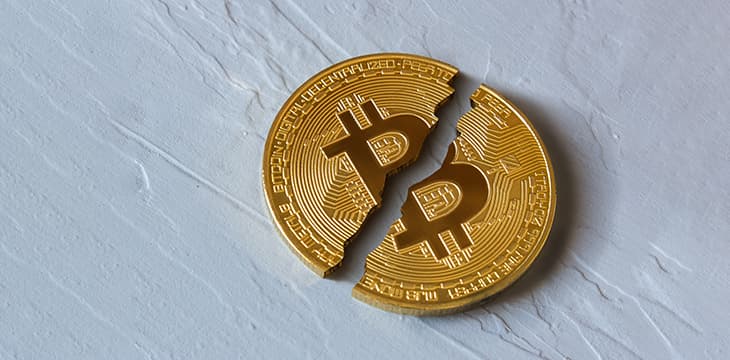|
Getting your Trinity Audio player ready...
|
The Central Bank of Nigeria believes the recent ban on digital currencies was in the best interest of the public. Speaking during a recent Senate hearing, the CBN governor Godwin Emefiele further claimed that digital currencies are not legitimate money.
CBN issued a circular two weeks ago that prohibited all banks from processing digital currency-related transactions. In its circular, it ordered banks to identify individuals and firms dealing in digital currencies and shut down their accounts. Days later, the Senate called on the CBN governor to brief it on the decision. As CoinGeek reported, several senators felt the ban was too harsh and hoped the CBN would reconsider.
As local outlets now report, the governor has stood his ground, defending his decision to ban digital currency payments. He claimed that the use of digital currencies by unregulated entities went against an existing law as well as against the CBN’s mandate.
The governor singled out the anonymity of digital currencies as the key concern for the regulator. This anonymity allows criminals to conduct money laundering and other vices, he said.
Governor Emefiele, like many others, mistakenly believes Bitcoin is anonymous. However, as Dr. Craig Wright has explained, it’s not. Bitcoin affords its users privacy, but is in no way anonymous. In fact, Bitcoin empowers regulators as it gives them an immutable ledger that shows all the transactions that its users have made.
The governor told Senate, “Cryptocurrency is not legitimate money because it is not created or backed by any Central Bank. Cryptocurrency has no place in our monetary system at this time and cryptocurrency transactions should not be carried out through the Nigerian banking system.”
CBN will continue to study digital currencies to gain a better understanding, the governor pledged. The ultimate goal is to educate Nigerians about digital currencies so they make better financial decisions, he added.
The Securities and Exchange Commission has been the other regulator that has taken an interest in digital currencies. It has been pro-Bitcoin for years now and had classified digital currencies as securities in September. However, in light of CBN’s hostility towards the industry, the SEC has distanced itself as well.
SEC Director General Lamido Yoguda testified in the Senate where he claimed that his organization has also been warning Nigerians against digital currency risks. The SEC has been working to regulate the industry but had put this process on hold in light of the CBN ban, he stated.
See also: CoinGeek Live panel, Digital Currency & Global Compliance: Tools & Tips for Exchanges, Wallets & Other Service Providers
Recommended for you
Circle (NASDAQ: CRCL) soared in 2025 thanks to U.S. ‘regulatory clarity,’ but can this momentum survive a ban on crypto

 02-26-2026
02-26-2026 




